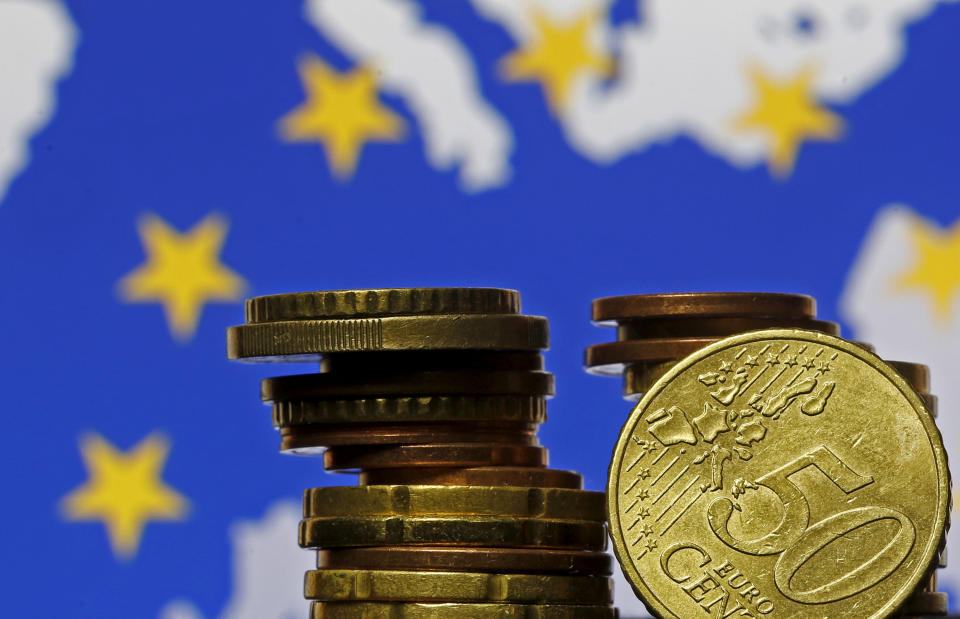Nearly one-third of people in Germany have no savings

Germans have a well-deserved reputation for being thrifty with money, but their image as world-champion savers may no longer be quite accurate, according to a new survey from ING bank. It found that almost one-third of households (31%) in the EU’s economic powerhouse have no savings at all, up from a quarter in 2017.
That puts Germany second only to Romania in a survey of 13 EU countries plus the US and Australia in terms of people who simply have no money left at the end of the month to put away; not earning enough was the key reason for not having savings.
“The widening gap between the ones who have savings versus the ones who haven’t is probably the result of a shrinking of the middle-class in the labour market,” Carsten Brzeski chief economist at ING told Yahoo Finance UK. “As a result of digitalisation, automation, and globalisation, there has been job growth at both extremes of the labour market, the upper and the lower end, leading to this widening gap.”
“These results show that Germany is not so different from other countries, be it the US or France with the yellow vest movement,” Brzeski added. “The question now is how politics will address the issue, either by growing the entire pie to have more to distribute or by transfers. Given the cooling of the economy, the latter looks more likely.”
Germany narrowly avoided falling into recession in the last quarter of 2018.
A new analysis of federal statistical data reported today (21 February) that while the poverty risk for the country as a whole sits at 15.8%, the number of pensioner households at risk of poverty was 19.5%. That nearly one in five Germans face poverty after their working days are behind them explains why pensions are one of the top three issues in surveys about what people are most worried about, along with migration and education.

